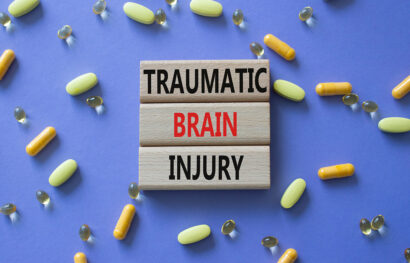
When back pain lasts for more than three months, it is chronic. The pain can be intermittent, where the patient may experience temporary relief, then agonizing distress. Chronic pain is a worrisome condition to deal with when the cause is unknown.
Factors responsible for chronic back pain
Chronic back pain is often associated with old age but can also be a result of a previous injury. Common factors responsible for back pain include:
- Spinalstenosis, or tightening of the spinal canal
- Spine arthritis
- Myofascial pain syndrome
- Herniated or bulging disc
Sometimes it can be hard to determine the reason for the chronic back pain. The best alternative is to consult your doctor on how to minimize the occurrences and make the pain more bearable without surgery.
Common ways of treating chronic back pain
Physical therapy
Exercising is one of the basic procedures for treating back pain. With your doctor’s recommendation, you should consider this as your first method of treatment. You should note that different people require different forms of exercise. The exercises have to be specified, depending on your condition and symptoms.
Physical therapy comprises of aerobic exercises, stretching the extent of pain tolerance, retraining posture and flexibility exercises. You also have to stay committed to the routine to achieve significant results.
Diet
Some diets, especially those with refined sugars, processed food and high trans-fat meals, can trigger a flare-up. Talk to your doctor to know if your food choices are worsening your chronic back pain and what you can do. A healthy weight can also help reduce your back pain by relieving pressure off your spine.
Meditation and mindfulness
Chronic back pain can be exerting, both emotionally and physically. An excellent way to manage the psychological effects of chronic pain, such as depression and irritability, is through meditation. A rehabilitation psychologist may recommend relaxation and cognitive strategies like yoga and Tai chi to keep your mind away from the pain.
Injection-based procedures
Injection-based treatments like epidural steroid injections, nerve blocks and nerve ablations can help with chronic back pain. They are commonly used if the origin of the pain is obvious. Injections can inhibit the pain permanently or temporarily but are not designed as a lasting solution and should never be used independently.
Lifestyle adjustments
If you suffer from chronic back pain, it may be time to adjust your lifestyle. Find out some of the activities that trigger the pain and avoid them if you can. This could help you feel better and stop the pain from worsening. Desist from lifting heavy loads or even mowing the lawn.
You can also consider quitting smoking, since nicotine is known to trigger pain and hinder healing.
Alternative treatments
Massage, chiropractic care, acupuncture, laser therapy, biofeedback therapy and electrical nerve treatments are nonsurgical procedures that can help treat chronic back pain.
Medications
Medications such as analgesics, muscle relaxants and anti-inflammatory drugs can help manage back pain. A drawback to medications is the side effects, which is why they are not always recommended for extended use.
What is the next step?
Call (816) 427-0201 today to reach Core Medical Center.




